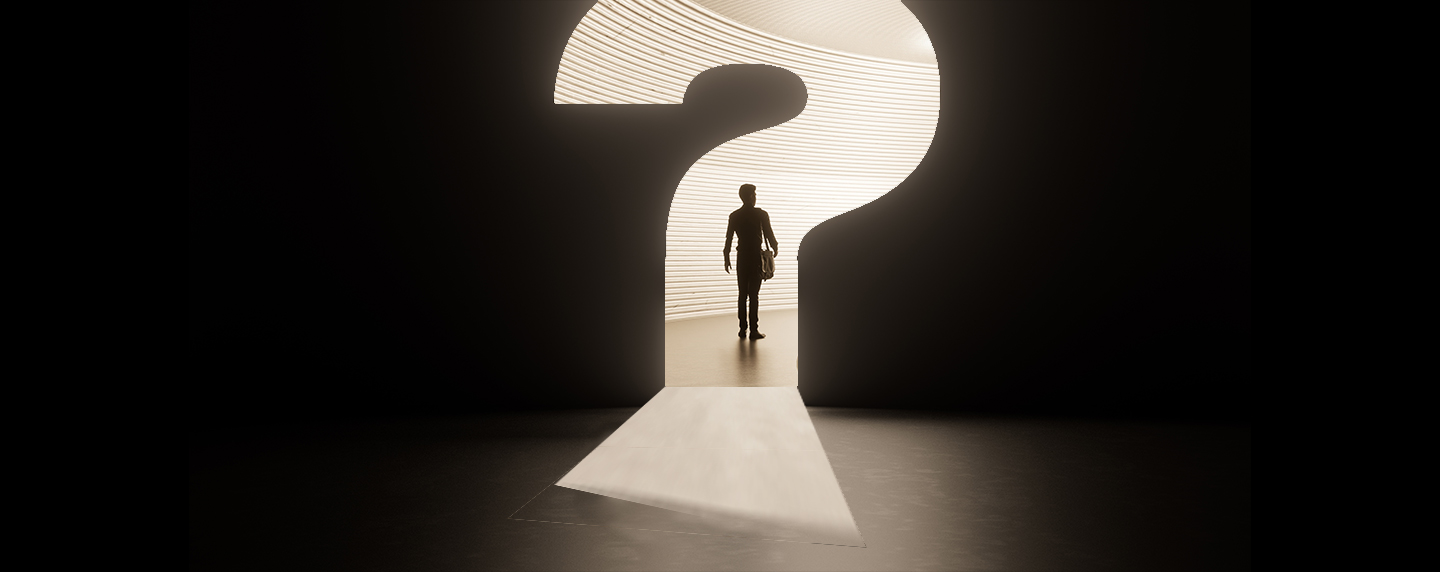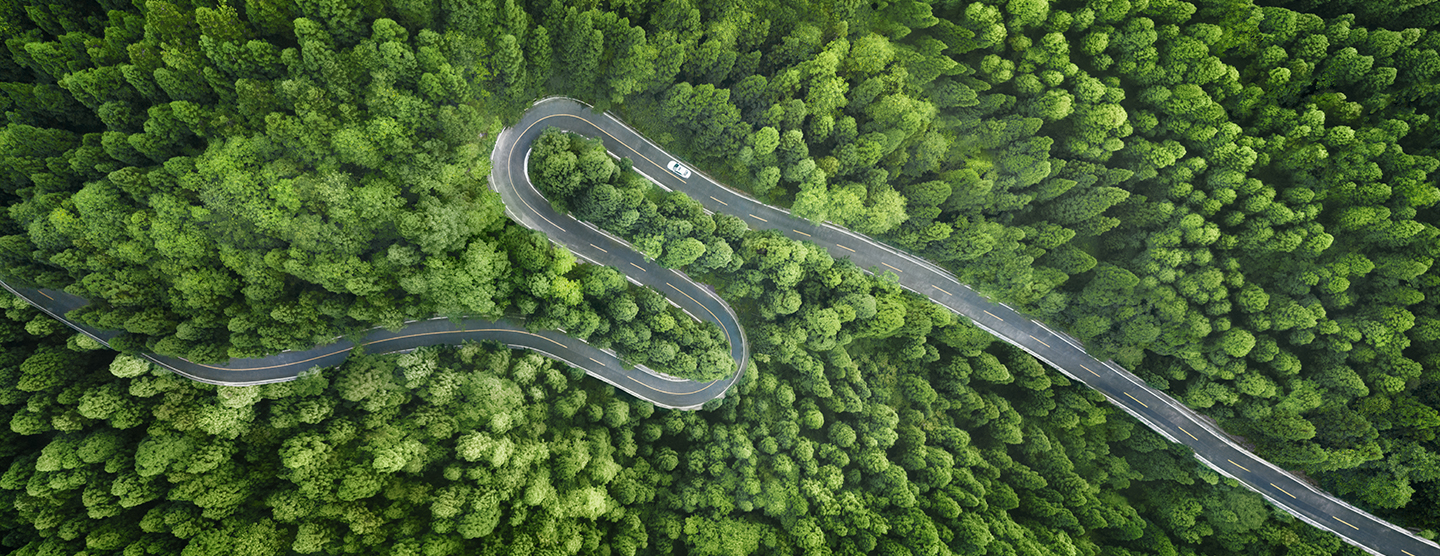But now that I’m retired, with a lot more time on my hands, I’ve been able to take a deep dive, head first into this quagmire of murky ideas, beliefs, and theories.
In the legendary lyrics of Cat Stevens, one of my favorite singer-songwriters of the early ’70s, “I’m on the road to find out.”
Our True Nature
My journey jump-started in a hospital when I was visiting a friend. A minister I had never met asked if he could join me. I didn’t feel like being trapped in a conversation about religion at the time, but to be polite, I asked what his religion was. He said he was a Buddhist Presbyterian.
I did a double-take. It seemed an oxymoron. “Interesting,” I thought as I felt the hook and decided to see what he had to say.
After a bit of time sharing views on life, the possibility of the afterlife, and spirituality in general, he shared a quote he thought might interest me. It’s from Pierre Teilhard de Chardin, a French Catholic priest, philosopher, and scientist whose life spanned 1881 to 1955. The quote is this:
“We are not human beings having a spiritual experience. We are spiritual beings having a human experience.”
It took me a moment to realize what he had said, but once I did, I recall thinking that if our true nature is spiritual, then that changes everything.
I never spoke with that minister again, but that particular quote probably did more than anything else had ever done to make me want to learn more about the nature of spirituality. Now, years later, it still serves as a poignant reminder that the world, inclusive of both the spiritual and non-spiritual realms, is not necessarily what it appears to be.
Since then, my eyes have opened to a cornucopia of ideas and perspectives on life’s big questions, making me wish I had been able to spend more time earlier in my life exploring these issues.
Multiple Windows Into Our Spiritual Selves
I examined the basics of various belief systems, including those stemming from both Eastern and Western worldviews. I sought to find the differences and similarities between religion and spirituality. I also explored what light the fields of science, philosophy, psychology, history, culture, anthropology, and more, could shed on the nature of religion and spirituality.
The plethora of ideas, beliefs, possibilities, truths, facts, myths, etc., I’ve come across is mind-numbing. And yet, it’s clear to me that there is so much more to know than what I’ve yet been able to fathom.
For instance, as soon as I think I’m finally zeroing in on an answer to a question, related questions pop up. Here’s an example.
I was on the trail of trying to understand the worldview held by the Vedanta branch of Hinduism and how it informs their views on God, meditation, yoga, karma, and reincarnation. When I thought I was beginning to get some traction, it occurred to me that despite the many differences, there seemed to be quite a few underlying, though not obvious, similarities between the beliefs of Hindus and Christians.
That led me to want to understand what was similar and what was different across the range of Eastern belief systems compared to mainstream Christian religions, particularly Catholicism.
In turn, that led me to want to understand more about the critical role that culture plays in determining our worldviews and in the transmission of religious beliefs from one generation to the next.
Up then popped the question of how Greek philosophy might have informed early Christian thought.
And on and on.
Continue to the Next Article
The next article related to this personal journey continues with the types of questions that continued to flow out of the initial ones that were asked.
Click here to continue to: Questions Upon Questions







